工学士(荣誉)学位/学位生物工程
BEng (Hons) Bioengineering with placement year

学历文凭
Bachelor Degree with Honours

专业院系
Bioengineering

开学时间

课程时长

课程学费

国际学生入学条件
IDP—雅思考试联合主办方

雅思考试总分
- 雅思总分:
- 托福网考总分:
- 托福笔试总分:
- 其他语言考试:
CRICOS代码: H161
申请截止日期: 请与IDP联系 以获取详细信息。
课程简介
Bioengineering is the application of engineering practices and principles to analyse and design new processes, tools and techniques, in order to bridge gaps across biological and healthcare challenges. It applies fundamental engineering principles to the innovation and design of new products and processes, and plays an integral role in global issues where the challenge or solution is biological in origin. Our Bioengineering degree draws from our expertise across several academic departments and will give you a thorough grounding in engineering systems and applications relevant to bioengineering. You will also gain a sound understanding of human anatomy, physiology and biological functions and the ability to apply your knowledge and skills to bioengineering problems. The field is rapidly developing, and bioengineers work in a wide variety of sectors globally, developing products and creating technology to help people achieve a better quality of life and break barriers in medical and sporting achievements. Examples include prosthetics and biomaterial implants, software engineering for advanced and 3D medical imaging, image-guided and robot assisted surgery, regenerative medicine against incurable diseases, tissue engineering such as bioengineered skin for wounds, 3D bioprinting, medical device development and new assistive technologies (wearable technology, mobile and e-health). At Loughborough, our course will take you from the fundamental science and engineering to the cutting-edge of the subject. During your time with us, you will have access to our state-of-the-art experimental labs to complement your lectures. In year three, students will complete a research project on a specific topic of interest supervised by a member of academic staff.
相关申请
 预科
预科 奖学金
奖学金 实习机会
实习机会 在校学习
在校学习 跨境学习
跨境学习 校园授课-线上开始
校园授课-线上开始 在线/远程学习
在线/远程学习
开学时间&学费
学费信息仅供参考,请与IDP联系以获取详细信息
| 开学时间 | 时长 | 学费 | 地点 |
|---|
学校排名

世界排名401
数据源:
泰晤士高等教育世界大学排名
关于拉夫堡大学

拉夫堡大学自1909年以来,作为继续教育和高等教育机构,拥有悠久的成功历史。如今,它是英国乃至世界领先的教育机构之一。该大学每年为成千上万的学生提供一流的教育和学习体验,并始终位列英国前十(《完全大学指南》,2017-2026)。拉夫堡大学的体育学科享誉全球,并被评为全球体育相关学科最佳大学(《QS世界大学学科排名》,2017-2025)。该大学以其各学科卓越的教学质量而自豪,并招募了一支多元化、多国籍的学术团队,确保学生接受由专业且经验丰富的教职员工提供的多样化教育。大学为包括工程、设计、商业等在内的所有学科领域提供卓越的设施。学校包容性的校园热烈欢迎国际学生,并提供广泛的支持设施,帮助他们在整个学习期间安顿下来并茁壮成长。大学设施齐全,致力于为学生提供卓越的学术体验和有趣的学生生活方式。学校拥有多元化的学生会、轻松的学习和社交空间以及全面的学生支持服务。大学的主校区位于东米德兰兹郡的拉夫堡镇。该校区交通便利,可轻松前往周边大城市,并为学生提供愉快的学习体验所需的一切。第二个校区位于伦敦伊丽莎白女王奥林匹克公园。拉夫堡大学的伦敦校区专为研究生学习和研究而设立。拉夫堡大学伦敦分校汇聚了具有影响力的思想领袖、先锋研究人员和富有创造力的创新者,为学生提供英国最优质的研究生学习体验之一。
本校相关课程
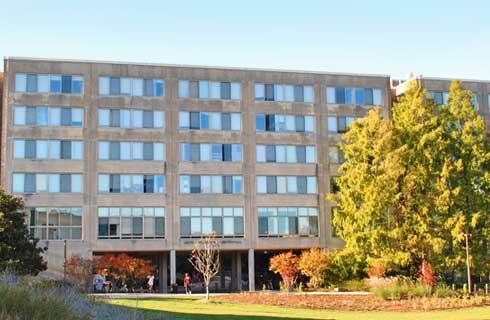
会前课程C
学历文凭
English Language
开学日期
课程费用总额


博士学位体育,运动与健康科学
学历文凭
Ph.D.
开学日期
课程费用总额


PhD International Relations, Politics and History
学历文凭
Ph.D.
开学日期
课程费用总额


物理学博士
学历文凭
Ph.D.
开学日期
课程费用总额

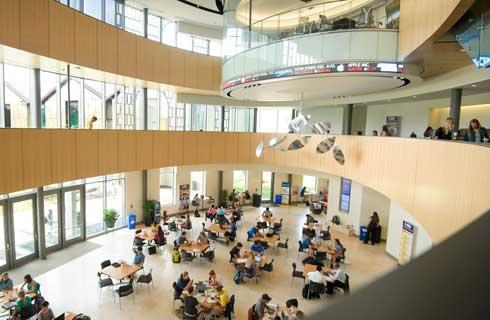
机械,电气与制造工程博士学位
学历文凭
Ph.D.
开学日期
课程费用总额

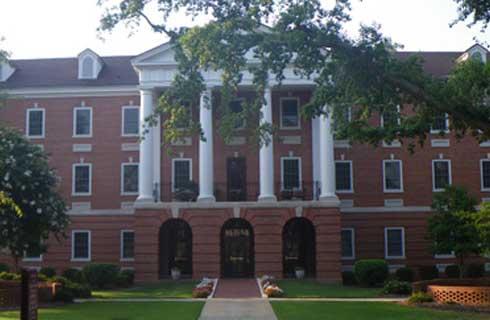
博士数学科学
学历文凭
Ph.D.
开学日期
课程费用总额

其他相关课程

工程四级证书
 希拉巴克斯特培训中心(私立)
希拉巴克斯特培训中心(私立)学历文凭
Certificate IV
开学日期
课程费用总额


工程四级证书-制造
 霍姆斯格兰职业技术学院
霍姆斯格兰职业技术学院学历文凭
Certificate IV
开学日期
课程费用总额

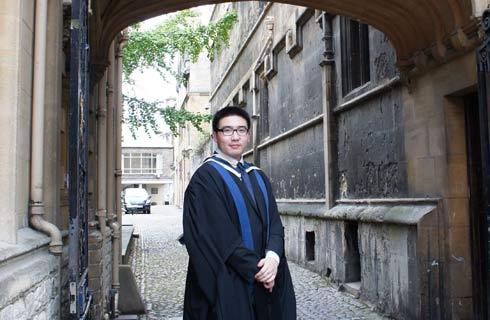
设计文凭(UniLink)(8个月)
 斯威本科技大学
斯威本科技大学泰晤士高等教育世界大学排名:282
学历文凭
Unilink Diploma
开学日期
课程费用总额


专业工程学硕士(生物医学)
 悉尼大学
悉尼大学泰晤士高等教育世界大学排名:54
学历文凭
Masters Degree (Coursework)
开学日期
课程费用总额

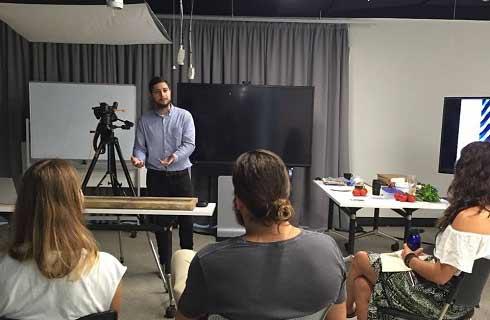
工程科学学士
 伊迪斯科文大学
伊迪斯科文大学学历文凭
Bachelor Degree
开学日期
课程费用总额

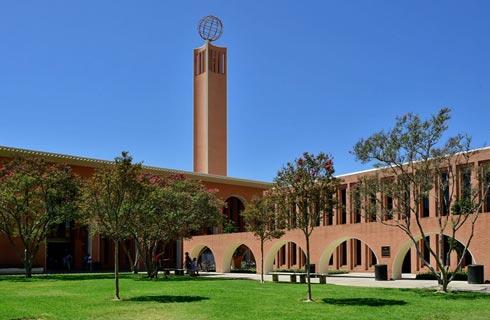
细木工三级证书
 霍姆斯格兰职业技术学院
霍姆斯格兰职业技术学院学历文凭
Certificate III
开学日期
课程费用总额










 英国
英国